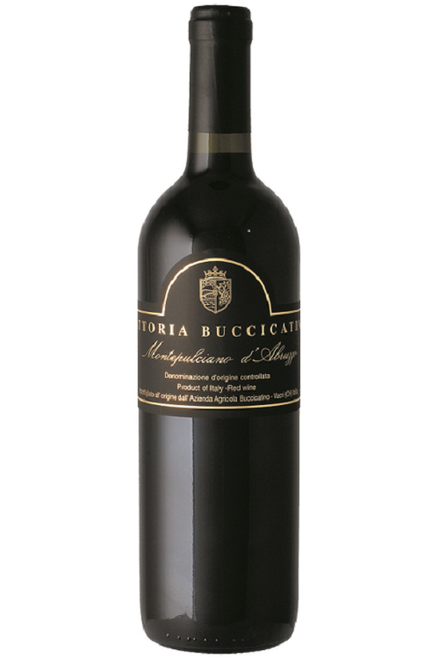What is natural wine?
The idea of natural wine is quite simple and praiseworthy. We live in a world in which we have to accommodate billions of people, feeding them, ensuring their food is safe and not harming the planet in the process. Overall we have done a credible job of feeding people from the perspective that the planet is capable of producing an excess of nutrition. The problem is the very uneven distribution of the food and the impact on the planet of high tech farming. There are of course, many bad actors, some agricultural giants more interested in extracting the maximum yield from the earth at the lowest price without always sufficient concern for consumer safety, sustainability and planet health. Some winemakers and drinkers are also looking at these issues, and have been for some time. Today it is possible to buy organic, biodynamic, sustainable and natural wine. I will not get bogged down in precise definitions of the above four categories, but briefly they are as follows:
Organic: Wines are made with organically grown grapes, meaning no artificial sprays, herbicides and fungicides and fertilizers. Cellar practices may use products not allowed under the definition of organic, particularly sulfites. For a wine to be labeled “organic” in the USA, versus labeled “made from organically grown grapes,” there can be no added sulfites.
Biodynamic: Biodynamic wine is essentially organic wine made according to the principles of philosopher Rudolf Steiner. It is essentially organic farming and winemaking with a spiritual component. It goes a tad further than organic farming in the pursuit of healthy soils and sustainability.
Sustainable: Sustainable farming is not only eschewing the use of artificial products but it has a social component, looking at the health, not only of the soil and the vines but native flora, fauna, farm workers and the surrounding communities.
Natural: Natural wine effectively encompasses all of the above in addition to trying to minimize the effect of the hand of man. Some in the natural wine movement believe that wine, made as it was a century or more ago, was better, safer, more authentic and kinder to the environment. There is not yet a universally accepted definition of natural wine with some adherents advocating for a completely hands-off approach and others promoting a more nuanced interpretation!
No matter which of the above philosophies is being employed, they are all steps in the right direction and are to be encouraged. There is another salient point; people who have the passion to go the extra mile will make better wines, even using conventional farming and wine making.
So, what do I think? There are some basic underlying facts which inform my opinion. Not the least of them is that commercial grape farming, like almost all farming, is not natural. Vineyard land is cleared and prepared for planting. This includes many aspects from contouring, to soil ameliorations to installing drainage. The vast majority of grape varieties planted are special clones bred to produce better grapes for wine. In most of the world, these clones form the scions that are grafted onto rootstocks. Why? Well, in many vineyards an ungrafted vine would die as a result of the roots being attacked by a louse called phylloxera. We require the carefully selected clone for fine wine and the rootstock for its phylloxera resistance. Not exactly a natural environment; cleared and contoured land, possibly with drainage and / or irrigation; planted to non-native vine species; carefully bred for certain characteristics and mated to rootstock! We have gone to great lengths to ensure that we can grow fine grapes for wine. We must coax great grapes from the vines. This requires inputs from pruning, to topping to hedging; well you get my point! Now we must bring this same sensibility to wine making. It too is not natural, even starting with the decision on when to pick the grapes. It is true that natural winemakers will not use cultured, commercial yeasts and many won’t use sulfites. Natural wine is in part a response to commercial wine; there is the belief that wines are becoming commoditized and are losing interest and diversity, which are being subsumed into a corporate, commercial ideal of what wine should be. But I have seen and tasted natural wines that are cloudy with atypical (at least for me) colors, with off aromas and taste resulting from sloppy, ignorant and just plain incompetent winemaking. Why would I drink something that just for starters does not look appetizing? Yet, some of these wines masquerade as the pinnacle of the winemakers’ craft, epitomized by the winemakers’ admirable self -restraint in the interests of authenticity and uniqueness. The analogy for me is like having puppies in your yard. You want them to be free to express themselves. You don’t want to turn them into circus acts but, by the same token, you can’t leave the yard gates open and allow them to roam unsupervised. There is an unacceptable risk to the well-being of the pets and possibly even members of the public. So too with wine!
In the final analysis I want natural winemaking to succeed with its promise of more interesting wines. I spend my energies dear readers, looking for interesting and unique wines to bring to you and the world is full of them, including natural wines lovingly and committedly raised without being sacrificed at the altar of some purist doctrine!
I have a dear friend, Umberto Buccicatino, farming wine in Abruzzo, Italy. His wines are organic. “Peter,” he says to me, “I farm as my father and grandfather before me. We farm naturally. Our children and animals play in the vineyards. Our workers work there. Our neighbors are close by. I do not know any other way to farm!”
Want to taste an organic wine made by Umberto?
Click on the bottle below.
Selected by Peter Koff MW
.
Want to receive complimentary educational posts via email?
Please subscribe below.


